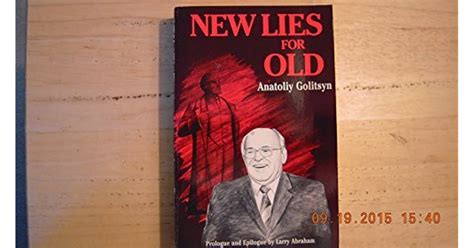A Quote by Thomas Woods
Understanding the true causes of the Depression, as well as the real economic record of the United States in the 1930s, is an essential ingredient in anyone's economic and historical education.
Related Quotes
They [the Soviets] intend...to induce the Americans to adopt their own 'restructuring' and convergence of the Soviet and American systems using to this end the fear of nuclear conflict.... Convergence will be accompanied by blood baths and political re-education camps in Western Europe and the United States. The Soviet strategists are counting on an economic depression in the United States and intend to introduce their reformed model of socialism with a human face as an alternative to the American system during the depression.
The Panic of 1819 exerted a profound effect on American economic thought. As the first great financial depression, similar to a modern expansion-depression pattern, the panic heightened interest in economic problems, and particularly those problems related to the causes and cures of depressed conditions.
What the U.S. does is it continues to print money when the economic situation gets difficult. This is what happened in the last depression during the summer of 2008 when they tried to resolve the economic crisis by printing valueless money. This is the business privilege given to them at the famous conference of Bretton Woods in 1944 when the United States emerged as the superpower after Europe and the rest of the world, mainly Europe, that had collapsed because of the war.
We start with an economic approach. We look at what are the greatest causes of death in the developing world, and what causes the largest amount of disability, which would prevent you from getting a job. A lot of those deaths start with diseases, diseases we don't get in such a great number in the United States.
I believe that it must be the policy of the United States to support free peoples who are resisting attempted subjugation by armed minorities or by outside pressures. I believe that we must assist free peoples to work out their own destinies in their own way. I believe that our help should be primarily through economic and financial aid which is essential to economic stability and orderly political processes.
In his first year in office, President Obama pulled us back from the brink of the greatest economic crisis since the Great Depression and worked to lay a new foundation for economic growth. The president identified three key strategies to build that lasting prosperity: innovation, investment, and education.








































